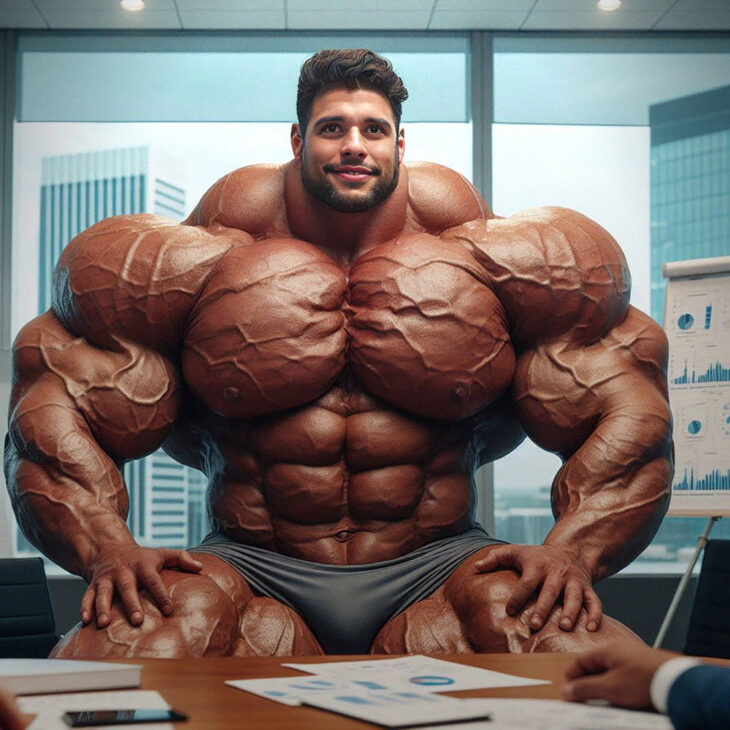Testosterone Replacement Therapy (TRT) is a treatment used to restore testosterone levels in men with low levels due to various conditions, including aging. Despite its growing popularity, there are numerous myths and misconceptions surrounding TRT. Here are the top 10 myths about TRT, debunked.
1) Myth: TRT Is the Same as Taking Steroids
Reality: While both TRT and anabolic steroids involve testosterone, they are used for very different purposes. Anabolic steroids are often used illegally to enhance muscle mass and athletic performance, whereas TRT is a medically supervised treatment designed to normalize testosterone levels in men with a deficiency. TRT aims to bring testosterone to normal levels, not to the elevated levels often seen with steroid abuse.
2) Myth: TRT Causes Prostate Cancer
Reality: There is no conclusive evidence that TRT increases the risk of prostate cancer. Some studies suggest that normalizing testosterone levels might actually be safer for the prostate than having low levels of the hormone. However, men with existing prostate cancer or a high risk of prostate cancer should consult their doctor before starting TRT.
3) Myth: TRT Will Make You Aggressive and Irritable
Reality: The belief that testosterone therapy causes aggression and irritability is largely based on stereotypes. Most studies indicate that TRT does not increase aggressive behavior. In fact, normalizing testosterone levels can improve mood and reduce irritability and depression in men with low testosterone.
4) Myth: TRT Leads to Heart Disease
Reality: The relationship between TRT and heart disease is complex. Some early studies suggested a potential risk, but more recent research has shown that TRT may actually lower the risk of cardiovascular events in men with low testosterone. Nonetheless, it’s important for men with pre-existing heart conditions to discuss the potential risks with their doctor.
5) Myth: TRT Causes Infertility
Reality: TRT can indeed reduce sperm production, which can affect fertility. This occurs because external testosterone can signal the body to stop producing its own testosterone, leading to lower sperm production. Men who wish to maintain fertility can and should discuss alternative treatments with their healthcare provider.
6) Myth: TRT Is Only for Older Men
Reality: While testosterone levels naturally decline with age, younger men can also suffer from low testosterone due to various medical conditions, lifestyle factors, or genetic issues. TRT can be beneficial for men of all ages who have clinically low testosterone levels and related symptoms.
7) Myth: TRT Is a Cure-All for All Mental Conditions
Reality: While testosterone replacement therapy may improve certain mental conditions like anxiety, depression and low self-esteem, the underlying causes of these conditions may also need to be addressed to better treat these conditions or see further improvement. Psychological therapy as an alternative or supplement to TRT can greatly aid with mental conditions.
8) Myth: TRT Is a Cure-All for Erectile Dysfunction (ED)
Reality: While low testosterone can contribute to erectile dysfunction, ED can also be caused by a variety of other factors such as cardiovascular disease, diabetes, or psychological issues. TRT may help if low testosterone is the underlying cause, but it is not a universal cure for ED.
9) Myth: TRT Will Give You Instant Muscle Mass
Reality: While testosterone plays a role in muscle development, TRT alone won’t magically give you a muscular physique. Achieving significant muscle growth still requires regular exercise and proper nutrition. TRT can help by restoring normal testosterone levels, which may improve energy and the effectiveness of workouts, but it’s not a shortcut to a bodybuilder’s physique.
10) Myth: TRT Has No Side Effects
Reality: Like any medical treatment, TRT may have side effects. Common side effects include acne, sleep apnea, breast enlargement, and fluid retention. The good news is that the majority of men can avoid side-effects if their treatment is carefully and diligently designed and implemented.
Conclusion
Understanding the truths and dispelling the myths about Testosterone Replacement Therapy can help individuals make informed decisions about their health. While TRT offers significant benefits for men with low testosterone, it’s crucial to approach this treatment with a clear understanding of its potential risks and limitations. Always consult with a healthcare provider to determine if TRT is appropriate for you and to ensure safe and effective treatment.By addressing these common myths, men considering TRT can better navigate their treatment options and manage their expectations realistically. If you have concerns or questions about TRT, seeking professional medical advice is the best course of action.
Do you know of any other myths that I missed? Let me know in the comments.

